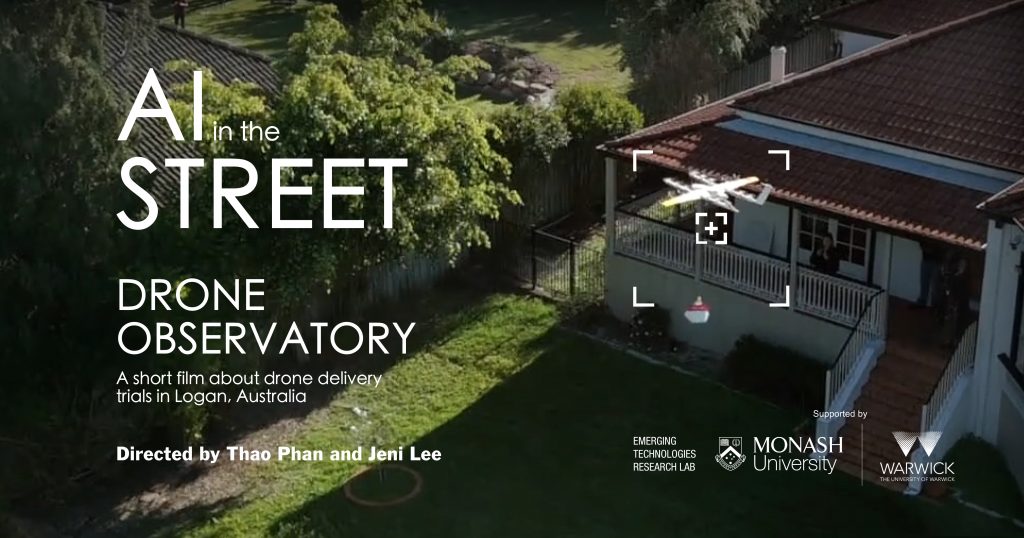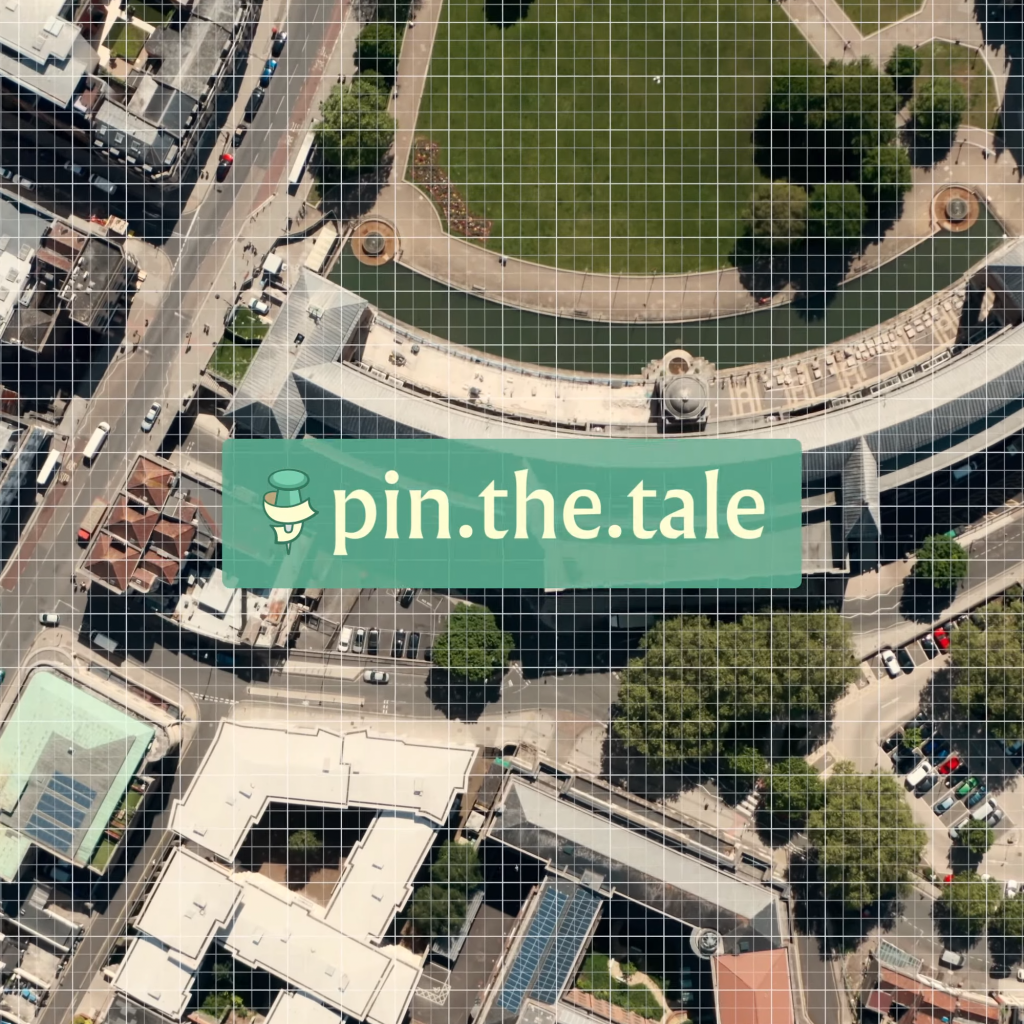Exploring Place-based Creativity in a Digitally-Mediated World
Tuesday 26th August 2025 – 12pm – 5pm
Organisers: Dr Adam Michael Packer (University of Birmingham), Dr Nina Willment (University of York), Holly Gowland (University of Birmingham), Dr Jack Lowe (University of West of England)
Description:
Complementing the RGS-IBG’s conference theme of ‘Creativity/Creative Geographies’, the Digital Geographies Research Group have organised this preconference event that invites participants to explore the placed-based creative practices of researchers, content creators and game designers alike. Speaking across a range of digitally-mediated contexts, these parallel sessions introduce explorative, playful and audio-visual forms of creativity. The workshops begin to address a series of questions prompted by this year’s theme: What new concepts, methods or practices can digitally-mediated creativity offer researchers? Where are new spatialities of digital creativity emerging? The event will be organised around a number of interactive sessions followed by a keynote by Professor Oli Mould. The sessions are:
Session 1 (AI in the Street): A screening and discussion of the ‘AI in the Street: Drone Observatory’ short film created and directed by Dr Thao Phan (The Australian National University) and documentary and film maker Jeni Lee (ARC Centre of Excellence for Automated Decision-Making & Society). We will be joined online by the film’s directors to discuss their work and the creative practices behind producing the film. Synopsis: Since 2019, the city of Logan, Queensland has been host to one of the world’s largest commercial drone delivery trials. Run by the California-based company Wing Aviation, the trials involve the live-testing of AI-powered drone delivery systems on everyday streets. This short documentary asks local residents about their experiences of the Wing drone delivery trials and what life is like living in an AI testbed.

Session 2 (Pin the Tale): An interactive exploration of the University of Birmingham campus through a location-based narrative-style game led by Dr Jack Lowe (University of West of England). ‘Pin the Tale’ is a location-based game about connecting with the world around you through stories. The gameplay takes place on a UK-wide digital story map, which uses the what3words grid, a system that divides the world into 3x3m squares and gives each one a unique three-word address. Players write stories about places using all three words of their addresses on the map. Other players then attempt to identify the location a story refers to, using the information it contains. If they correctly pinpoint its three-word address, the story gets added to their collection. The game is free-to-play on any web browser on mobile, tablet or PC. Please note attendees will need a device with a web browser (e.g. a smartphone, tablet or PC/Mac with Chrome, Safari, Firefox etc. installed) that can access the Internet to participate in this session.

Session 3 (The Sounds of Birmingham): Sounds of Birmingham is a sonic exploration of a city in transformation. Through a series of spatial compositions, field recordings, and performance, this concert captures the evolving acoustic environments of Birmingham, from its shifting urban landscapes to its hidden sonic identities. Featuring works that engage with themes of regeneration, displacement, and spatial memory, the programme presents a tapestry of sound that reflects the city’s past, present, and speculative futures. Hosted by University of Birmingham PhD student Holly Gowland.
Keynote by Professor Oli Mould: Psychedelics, multiverses and readical creativity: towards an aesthetics of the commons
This talk explores the potential of radical aesthetics to reawaken political imagination in the face of neoliberal capitalism’s cultural stranglehold and it’s ushering in of the fascist horizon. Drawing on Mark Fisher’s unfinished project of Acid Communism, it argues that contemporary art and culture must reclaim the psychedelic, affective, and collective energies of the countercultural movements of the 1960s. This is not to indulge in nostalgia, but to rupture the present’s temporal and ideological capture by financialised capitalism. Central to this argument is the reconfiguration of time: whereas high-frequency trading and extractive logics sever the present from past and future, psychedelic aesthetics reanimate the now as a fertile commons, rich with collective memory and utopian possibility. I aim to critique the complicity of mainstream cultural institutions in sustaining capitalist realism and proposes an ‘aesthetics of the commons’ grounded in mutual aid, proletarianised cultural, digital and analogue production, and multiversal imaginaries. From pandemic-era art activism to the radical temporalities, psychedelic imaginaries and lucid dreaming, it seeks to chart an emergent, insurgent cultural politics that is not about building the future, but refusing capitalism’s version of it, and revelling instead in the shared abundance of the present.
Sign up here.